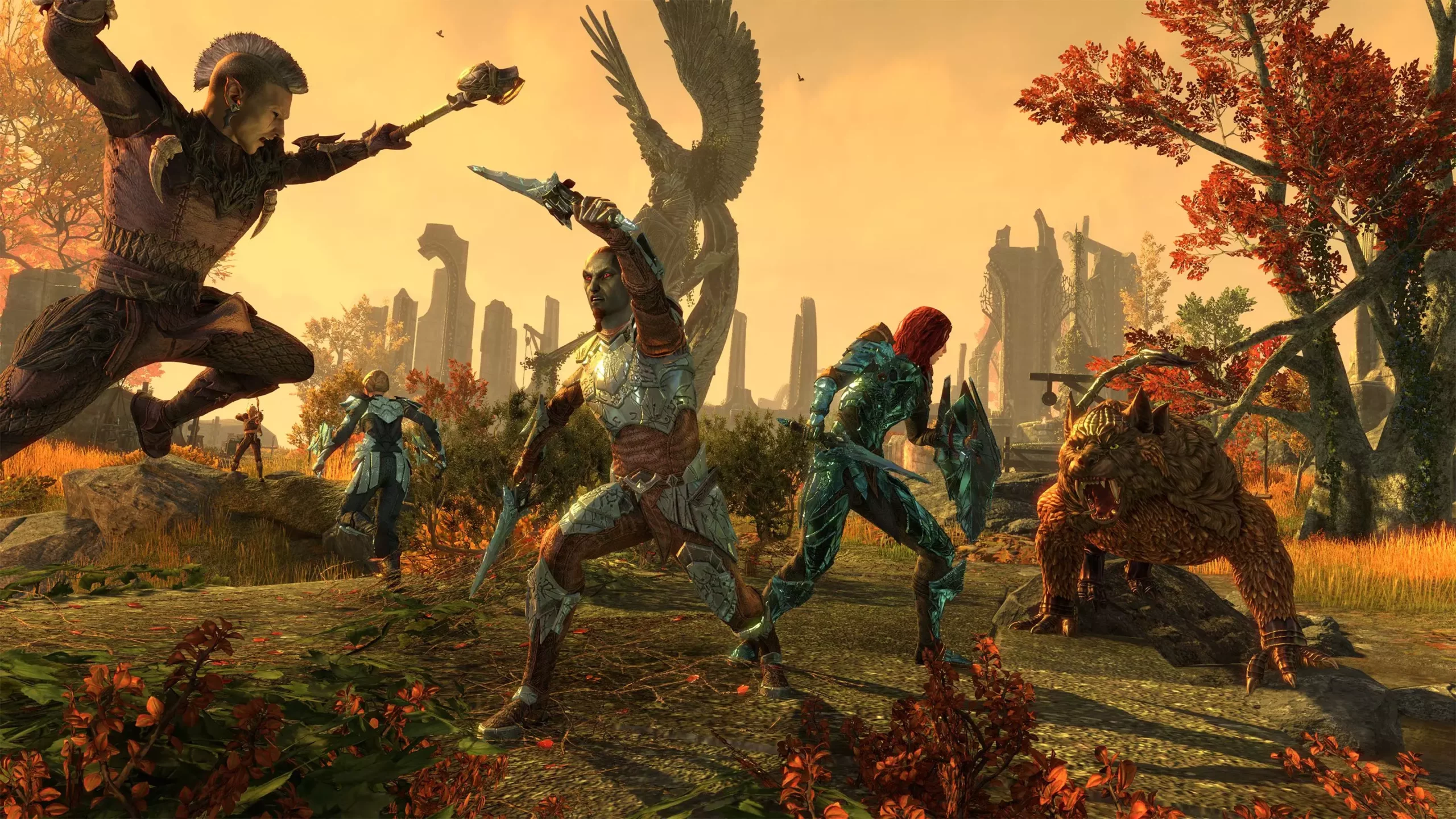In the digital age where entertainment is often treated as just another commodity, the human stories behind the games rarely receive the attention they deserve. Recent layoffs at ZeniMax Studios, part of Microsoft’s broad-scale cost-cutting measures, have exposed a harsh reality: behind the glossy trailers and immersive worlds lie passionate developers grappling with loss, uncertainty, and a crisis of purpose. Over 9,000 Microsoft employees lost their jobs, and among them, a significant number at ZeniMax faced the devastating impact of these cuts. The emotional tremors are palpable—many developers who dedicated years, sometimes decades, to their craft now find themselves abruptly unemployed, feeling that their skills, memories, and creative insights are being discarded like yesterday’s news.
Their stories echo a profound truth: layoffs are not just strategic decisions. They’re traumatic upheavals that leave scars on individual lives and entire communities. One senior staff member, Page Branson, described her experience as “one of the worst days” she’s ever encountered, a statement that reveals a frontline perspective often overlooked in corporate reports. The loss of colleagues who have shaped the studio’s identity over years creates a void difficult to fill, not just in the workforce but in the very fabric of the studio’s creative soul. The problem extends beyond the immediate loss—the erosion of institutional knowledge and the morale breakdown threaten to cripple the studio’s future potential.
The Erosion of Creativity and Industry Confidence
The repercussions of these layoffs extend far beyond the immediate workforce; they threaten the long-term viability of the studio’s creative output. Many talented developers, who have been instrumental in delivering critically acclaimed titles—such as “The Elder Scrolls Online”—are now absent. Senior QA tester Autumn Mitchell expressed her despair, highlighting that nearly a third of the studio’s foundational knowledge has vanished overnight. Such a loss is not merely about skill sets; it’s about the collective memory and cultural understanding that fuel innovation and quality.
Furthermore, the cancellation of projects like Blackbird, a game deeply valued by leadership, signals a bleak outlook for future developments. Without core veterans guiding new projects, it’s reasonable to question whether the studio can sustain its legacy of groundbreaking games. The impact on ongoing projects—particularly the expansions for established titles—and the overall reputation of ZeniMax are significant. Smaller updates, longer waits for new releases, and diminished quality might become the new norm, fundamentally altering what fans expect from this storied studio.
The Broader Industry Crisis and Its Implications
The plight at ZeniMax is symptomatic of a larger malaise afflicting the gaming industry. The relentless pursuit of profitability is often prioritized over nurturing creative talent and safeguarding job security. As players, we tend to celebrate new releases and beautiful graphics without contemplating the human costs involved. The current climate, characterized by mass layoffs and studio closures, calls into question the sustainability of the industry’s business models. How can genuine creativity flourish in an environment driven by shareholder demands and quarterly profits?
The fear is that this cycle leads to a form of creative exhaustion. Developers, constantly under threat of being cast aside, might suppress their passion for fear of losing everything overnight. Genuine artistic innovation takes time, stability, and nurturing—conditions that are increasingly scarce amid the chaos of corporate restructuring. If the industry continues on this path, we risk sacrificing not only the livelihoods of talented individuals but also the future of truly original and captivating games that could inspire generations.
The story of ZeniMax’s layoffs serves as a stark reminder: the true cost of corporate austerity is paid not only in profit margins but in human dignity, creative potential, and industry integrity. It is high time for a fundamental reassessment—where the value of human talent and passionate craftsmanship outweighs mere financial metrics. Only then can the industry hope to foster an environment where innovation thrives, and the human stories behind the pixels are genuinely honored.

